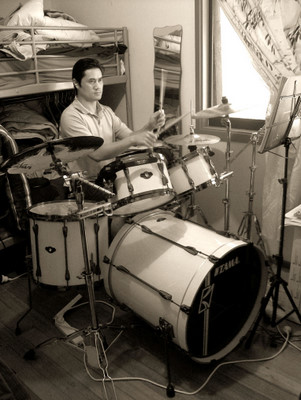Professor Shuhei Hosokawa, International Research Centre of Japanese Studies, Kyoto, Japan
“Writing the Mother Tongue from Afar: literary activities of Japanese immigrants in Brazil”
Japanese immigration to Brazil started in 1908 and has now grown to become the largest Japanese overseas community of 1.3 million people of Japanese ancestry. Since the early days of migration, some began to write in traditional Japanese poetry styles, such as haiku and tanka, as well as short stories and novels, though none of these migrant writers could not make their living by writing. Many of their pieces show haunting homesickness, the joy and anxiety of their lives, as well as the trivial aspects of everyday life. A mother tongue literature captures affective ties between minority authors living in a cultural and linguistic enclave in the Antipodes of homeland. In this lecture, I consider the significance of being unwillingly monolingual under the siege of foreign language.



